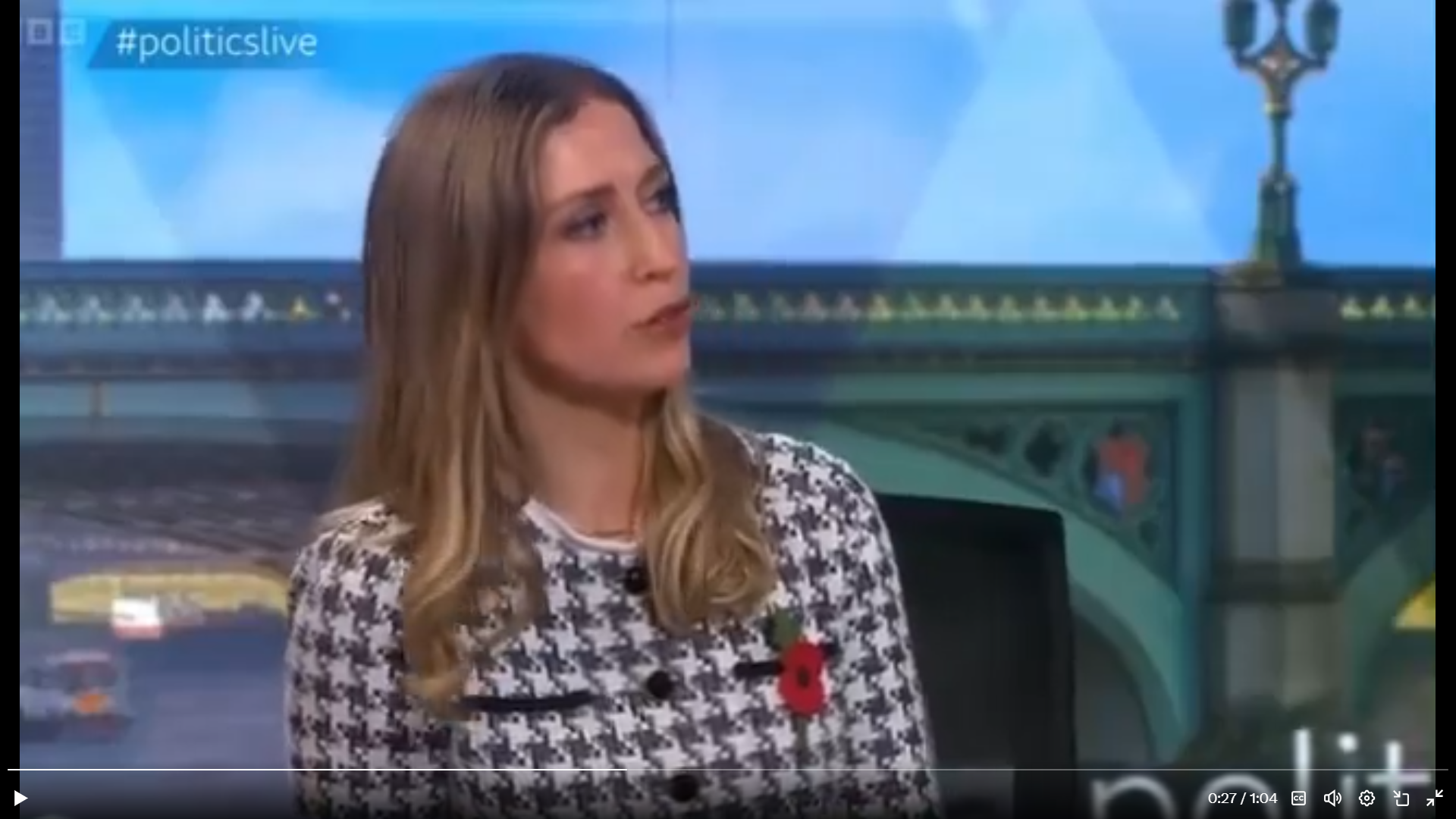Were you amazed that Laura Trott said we had the highest growth in the G7 even though a graph displayed on screen proves the UK growth had one of the lowest growths in the G7?
Do you believe the utter bull**** that these people spew out and then do you repeat it as fact?
Do you vote based on believing this bull****?
If so Laura Trott and her cronies win, while you lose.
@Jo_Coburn seems amazed that Laura Trott says we had the highest growth in the G7 even though a graph displayed on screen proves the UK growth had one of the lowest growths in the G7.#PoliticsLive #Budget2024 pic.twitter.com/4Aajv7J1k5
— Mike H (@mikoh123) October 30, 2024
What Really Happened Laura
Since 2019, the UK has experienced a concerning stagnation in economic growth, marked by a series of challenges that have compounded to hinder recovery and expansion. The backdrop of this situation includes the complexities of Brexit, the impact of the COVID-19 pandemic, and ongoing global economic shifts, all of which have strained the nation’s economy.
The uncertainty surrounding Brexit, which culminated in the UK’s departure from the European Union in January 2020, created immediate disruptions. Businesses faced challenges in adjusting to new trading relationships, tariffs, and regulatory barriers. The transition period that followed was fraught with complications, as companies scrambled to understand and comply with the new rules. This uncertainty not only dampened investment but also created a climate of caution among businesses, which hesitated to expand or innovate.
Just as the economy began to adjust to these new realities, the onset of the COVID-19 pandemic struck with unprecedented force. Lockdowns, social distancing measures, and restrictions on travel and trade severely disrupted economic activity. Sectors such as hospitality, retail, and tourism were particularly hard hit, leading to significant job losses and business closures. The government responded with a series of measures, including the furlough scheme, to mitigate the impact on workers and businesses. While these interventions provided temporary relief, they could not prevent a sharp contraction in GDP. As a result, the recovery has been slow and uneven, with many sectors still grappling with the fallout from the pandemic.
In 2021, as restrictions eased, the UK economy showed signs of rebounding. However, this recovery was not robust enough to compensate for the losses incurred during the height of the pandemic. Supply chain disruptions emerged as a significant issue, exacerbated by a global shortage of key materials and labour. This situation was compounded by rising inflation, driven by factors such as increased energy prices and supply bottlenecks. As inflation soared, consumer spending power diminished, further dampening economic growth prospects.
The Bank of England has responded to inflationary pressures by increasing interest rates in an effort to curb rising prices. However, higher borrowing costs posed a challenge for households and businesses already grappling with increased costs of living. This delicate balance between managing inflation and fostering growth has created a complex economic environment, marked by rising uncertainty and apprehension about the future.
Moreover, the labour market has not returned to its pre-pandemic state. While the unemployment rate remains relatively low, there are significant skills shortages in certain sectors, particularly in technology, healthcare, and hospitality. These shortages hinder productivity and innovation, posing further obstacles to economic growth.
When a Tory politician tells you it is raining put your sunglasses on.







